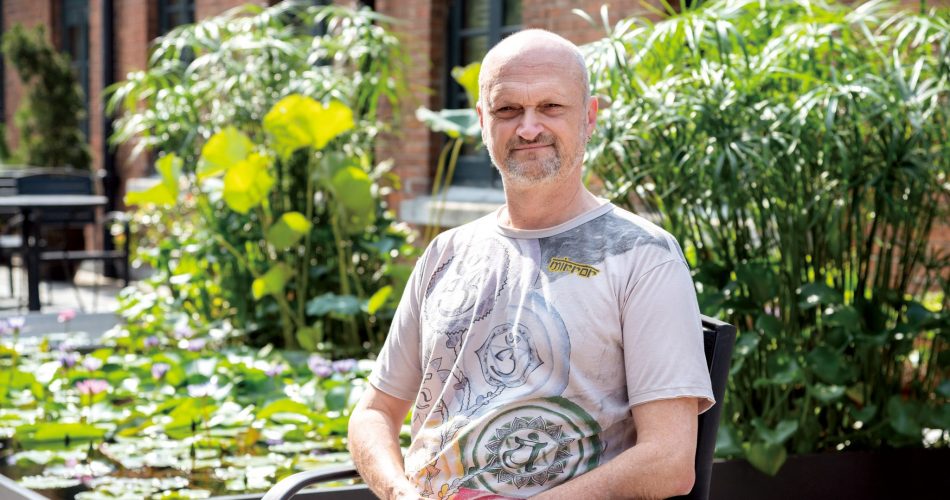We have all heard about how we are shaped by our childhood experiences, but Australian psychologist Robin Grille takes it even further by saying how it can change the world. An amalgamation of 15 years of research and writing, his book “Parenting for a Peaceful World” combines a multitude of research including psychohistory, neurobiology, anthropology, sociology, alternative education and psychotherapy. Apart from illustrating how different parenting modes relate to major historical events and using neuroscience to explain the effect of parenting on the growing brain, he also makes suggestions for self-reflection so we can be aware of the factors driving our own parenting styles, which affect not only what kind of people our children will grow up to be, but explain the formation of social ills.
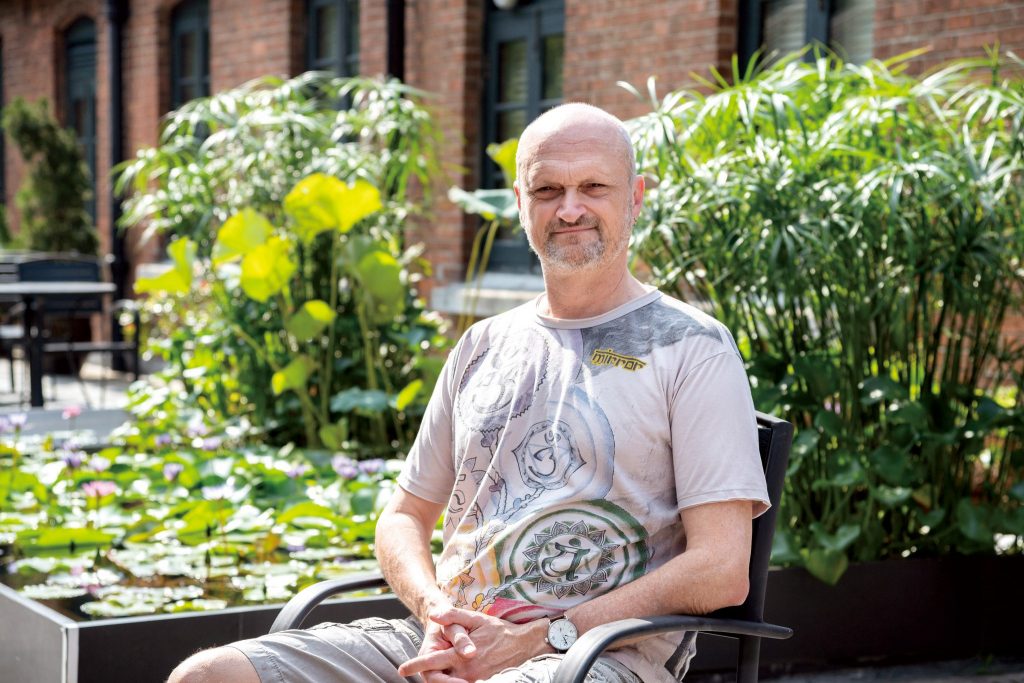
As professional psychologist, Robin noticed that counselling psychotherapy always involved childhood or adolescence experiences, which made him realize that these formative years determine people’s characters. Robin remarked, “The story of a person explains that person, to the point that you can really understand, even some very nasty, unpleasant and violent people. When you unlock the story, you understand the person, beginning with basic spontaneous compassion. Even for people that are totally disliked, once I hear their stories and about how they felt to be there in the story, it is impossible not to forgive; though, to forgive does not mean not having boundaries and demands with their behaviours. I started to realize that the way we were raised influences so strongly the way we are, and, instead of waiting until a problem arises, why not have that preventive medicine? This is true for the individual life, and also true for the whole society, which is the total sum of all of the childhoods, from one to two to three generations, to the politics, the economics and to the present-day culture of a nation. Understanding how children are raised is a very faithful reflection of what happened to them and also to the critical mass of the children. By handling that, we can change the future, we can choose the future for real – through a commitment to parenting and educating children differently.”
How character is built? nature or nurture?
When asked about whether character is a result of nature or nurture, or both, Robin said, “This has always been the most argued question. In the modern days, when we refer to the mind, most people would point to their head; but in a lot of traditional cultures, people would point to their gut. We are lucky enough nowadays to understand how the scaffold of character is actually built – the gut is also important to the development of character, believe it or not. Apart from understanding what is actually inevitable and genetically determined and what is not, we also understand how relationships and environment, human-to-human, family environment, etc. have an effect upon the genetic materials. In fact, we can be changed genetically in the brain, by switching genes on and off, and epigenetics was only understood recently. Brain development can be reborn with and within a propensity, there are many options, especially in the areas of emotional regulation and impulse control, and they can grow in very different directions based on how we treat them. Even for children that were raised primarily with a very imperfect environment with hurt feelings, if they feel respected, they will not become a violent or selfish person. Our environment interacts very strongly with the genetic basis to give us the person that we are as adults and nothing is irreversible. We can continue to grow and change. We can keep changing our brain at a very essential level until the day we die, except much more slowly. The reason why childhood is a perfect window of opportunity is that for the first three to four years, the brain is growing at an accelerated rate. It is far more open and receptive to environmental influences, therefore the changes that happen in early childhood are much more effective than changes taken place later in life.”
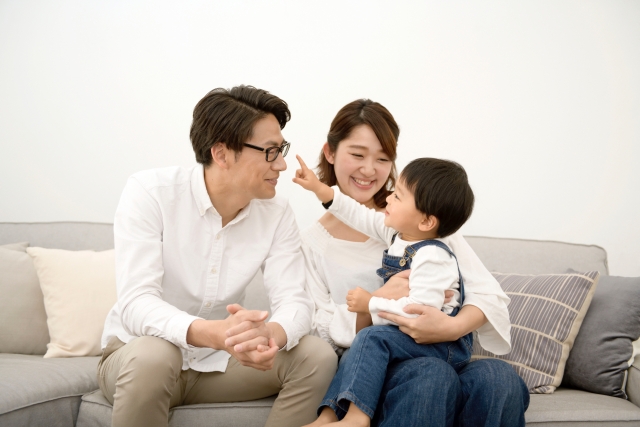
Robin objects to punishing children. “Corporal punishment is just a particular violent kind of punishment, but there are many other kinds, like shaming the child, humiliating the child, calling out a child’s nickname. All these are incredibly poisonous. Our children are very susceptible and they remember that for the rest of their lives. Most of the time, when we come across people who are emotionally paralyzed, or do not know how to reach out, or have blocks in their ability to love and be loved, or fail to express themselves fully and successfully… we can trace back to memories of being humiliated by their own parents or teachers at schools, let alone being physically assaulted. ‘To attack a child’ had been considered normal parenting in almost every culture around the world for thousands of years. It is only until now that close to 60 nations have legislated that it is illegal to hit one’s child.”
Discipline children with establishing boundary
So, how should parents discipline children without punishment? Robin explained, “For example, when children deliberately hurt someone else or themselves, and when they are generally disrespectful, we need to set boundaries. As parents, we do need to be in charge. We need strong boundaries. We have to be very assertive with children, by saying ‘no’, or making strong requests of them without resorting to punishment. Punishment and humiliation are very weak and ineffectual. They do not work. They backfire. With the most sensitive children, that might work in the short term, but in the long term, it only produces more problems. Violence leads to violence. We must be assertive when we say ‘no’: do not run near the traffic; do not hit your little sister; do not pull the cat’s toe; do not be rude to me; I do not like it. That can happen several times a day.”
“There are two elements that make that boundary works. One, we begin by listening to our children. If they feel that we will listen to them, validate their emotions and emotional needs, they are more likely to listen to us. The child who has been heard is more likely to hear you. And then, learn how to speak to our children with a strong voice without insulting them, but to evoke their empathy. Use expressions like, “I do not like it.” “When you hit your little sister, I feel really worried for her.” “I am annoyed with you today.” “I have said it three times: put your shoes on.” That is voicing out your emotion without humiliating a child, calling him/her name, or attacking his/her character.”
“Children are much more likely to listen when they feel respected. There is nothing more tragic than confusing fear with respect. You can control children and make them superficially well-behaved. But they don’t respect you; they fear you. That makes me more sad for the parent than for the child. The one thing I really want the community to learn is to have the spontaneous and authentic empathy for the children.”
Robin also pointed out that even young children could be skilled at hiding their true feelings and they would only open up when they feel safe. “Little children would say things that would keep mum calm and make her happy. They will only tell the truth if they know that you will not panic, throw a tantrum, punish, or humiliate them for their truth.”
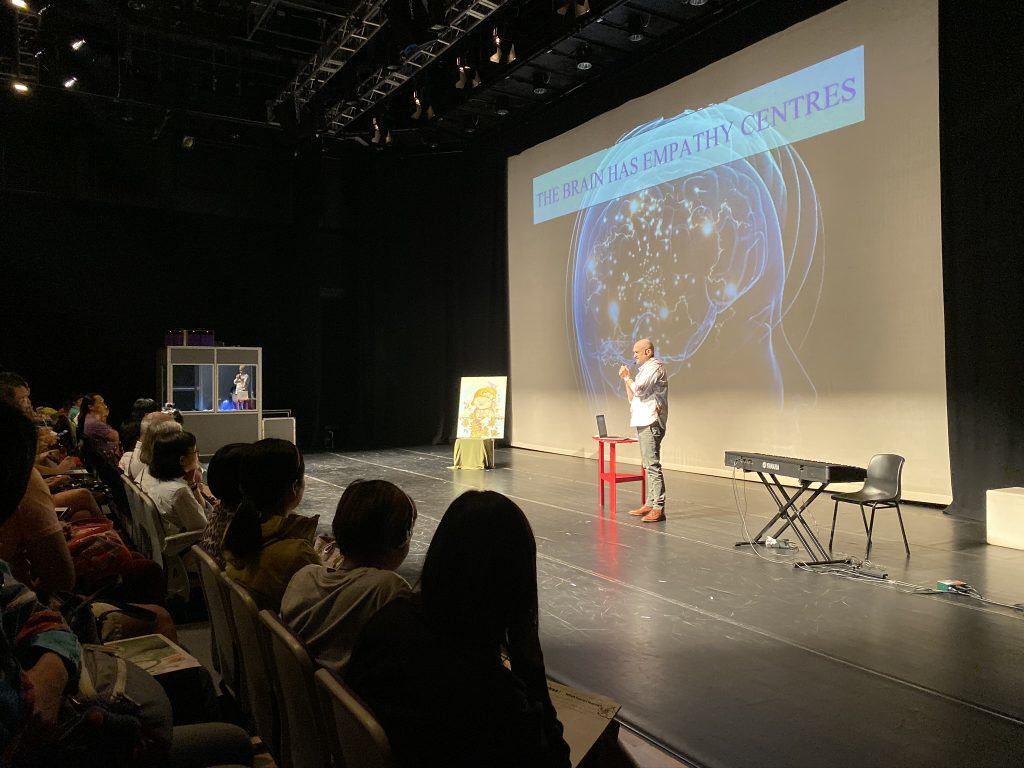
As much as Robin would like to see improvements on the treatment of children, he also pointed out that progress has been exciting, “On average, incidence of human violence has reduced precipitously. Even with all the horrible wars and civil wars, death by wars at last count was down to 0.3% of humanity. That’s horribly unacceptable, but not long ago, it was 10%. Domestic violence has been dropping everywhere in the world, and criminal violence such as homicides has gone down by about 20% since the 1990s. In parallel with that is a social evolution away from abusing children. We are now very alarmed by the term ‘child abuse’, which was called ‘good parenting’ not that long ago. When I was a child, children’s rights did not exist. ‘Respect the elder but do not respect the child’ was what the world would say. A child is an asset or a commodity, not a human. We had not had a convention on children’s rights until the 1980s.”
Behind adolescent rebellion
“The same applies to adolescents. It is easy for us to label a young person to be “rebellious”. As much as I understand how unpleasant an adolescent’s behaviour can be, I would encourage the parent to spend one minute to give a little bit more humility, and have the internal security and self love to be humble and say, ‘What may I have been doing that makes my child rebel with me? Have I been a good listener? Have I been oppressive? Have I been judgmental as a parent?’ As parents, we can be very judgmental, especially when we are frightened.”

“As parents we get frightened. I think we need to come to terms with that, open up and be honest: it is frightening to have a teenager at home. Who is not afraid of the things that teenagers can do? Teenagers are a little out of control. It is in their nature, as a part of brain development between the ages of 12 and 24. This is also a period of running growth that accelerates again, and it involves a tremendous amount of reorganization of neural pathways around the frontal lobes of the brain. What that actually means is that teenagers, for the most part, will have difficulty judging consequences. They are risk takers. They are impulsive. They have difficulty containing their emotions therefore the emotions are a little bit explosive again like when they were five years old. They are all neural changes. Of course, there is a temperamental difference. Some teenagers can be more pleasant and more thoughtful, but generally speaking, most parents have or will go through very frightened moments with their teenage children making choices that might risk their lives. When teenagers feel that they are judged, they get angry, hurt, feel alienated from us, and we start to lose our influence as parents. I think the most important skill among all to learn is to listen. I think most of us as adults have a long way to go. Listening involves the ability to be quiet, the ability to be genuinely curious, to allow young people to express their emotions without becoming frightened of them, and to ask the right questions. Every human that has been listened to will begin to settle down, become calmer and more open. We want our emotions heard. That is universal, regardless of your origin, your age, your background and the language you speak. The greatest power that a parent has is to listen. Do not preach to them. They will not be preached to. Teenagers will not put up with any preaching even when your preaching is correct, and you will lose all your power over them. But they do listen to you when you are honest. Therefore, be truthful, and feel free to say things like, ‘I feel afraid, afraid for what you are doing right now, afraid for you.’ Emotional truth is always the best. Be honest about yourself and you will have a good chance communicating with your teenage children.”
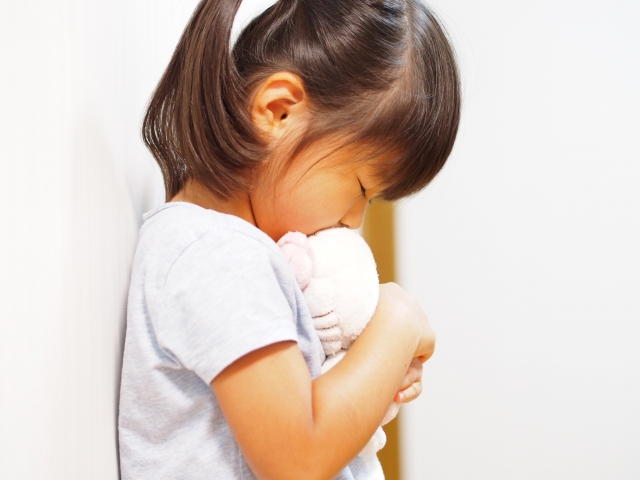
“Parenting for a Peaceful World – Together We Build a Connected Childhood” (PFPW) is a parenting programme based on Robin’s parenting bestseller, “Parenting for a Peaceful World”. It echoes Robin’s theory that one small step in parenting is one big step for building a connected childhood and a more harmonious community. Through various activities, the programme hopes to raise parents’ awareness on how their own upbringing and childhood experiences would affect their parenting beliefs and hence rewriting the childhood of their own kid. Reflecting on their own experiences, parents will also be able to better attune to their children’s developmental needs and strengthen the attachment with their own children, parents, caregivers, family, neighbours, the community, the society, and the world, thus building a more pleasant living environment and harmonious community for our future generations. Robin explained, “Inner childhood is absolutely fundamental because most of the things that block our connection to our children are things from our own past: often, this is resentment. The younger generation is often regarded as difficult because they have the freedom of expression that we never had – this could be frightening. However, it can be so healing for the whole family in the moment when we become internally curious. How come I get so angry when my child has a different opinion? Why do I get so angry instead of having a conversation with each other? We can have completely different opinions that will be very interesting on each other. That does not have to lead to yelling, so why do I get so outraged? Is that coming from my past? Curiosity and openness are incredibly healing and exciting. I think it is life-giving but also scary for a lot of people until you find yourself from a kind of community that supports that quality of enquiry.”
Robin is confident in the reversibility of parent-child relationships. “Children, whether they are grown-up children or little children, always amaze me in forgiving parents. I see in my practice every day people with an alcoholic father that used to beat him quite often would immediately forgive should the father softens or shows remorse. It also surprises me how deeply they forgive. It is never too late to have a conversation.”

